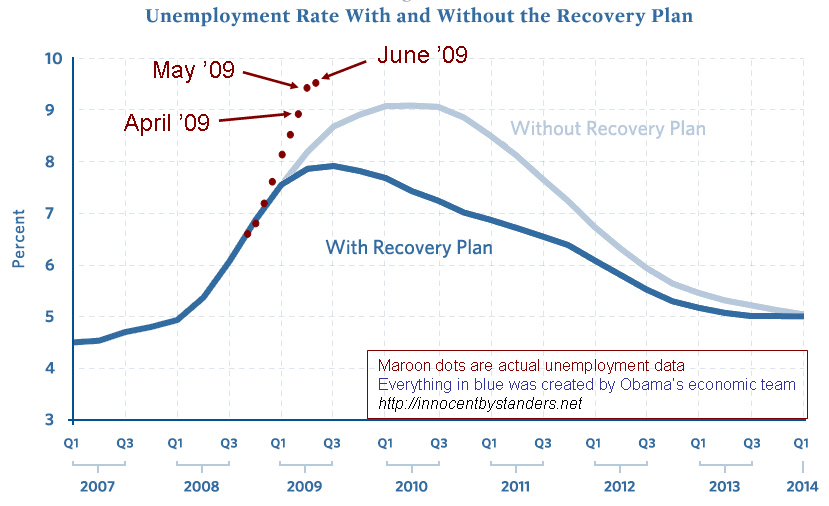Integral
Can't you hear it?
Sorry for the double post, but this made my day.
--
And they said it couldn't be done...
Sweden adopts negative interest rates on reserves (sort of)
--
And they said it couldn't be done...
Sweden adopts negative interest rates on reserves (sort of)
UPDATE 2-Sweden cuts rates to new low, offers banks loans
07.02.09, 06:03 AM EDT
By Niklas Pollard and Mia Shanley
STOCKHOLM, July 2 (Reuters) - Sweden's Riksbank cut interest rates to a fresh record low on Thursday and offered 100 billion crowns ($13.2 billion) of loans to banks to foster lending as it pulled out the stops to reverse its worst recession since the 1940s.
The central bank lowered its key interest rate by 25 basis points to 0.25 percent in a surprise move, putting official rates their lowest since records began in 1907, and said it expected rates to remain at that level until late 2010.
'It's a double whammy, or even a triple whammy,' said Roger Josefsson at Danske Markets.
'The deposit rates are actually negative now. In some sense they are creating a money machine for banks. You can lend all you want, but don't put that back into the central bank.'



 The difficulty isn't with the bank's willing to lend, or with the lack of money. It's with people's ability to take loans!
The difficulty isn't with the bank's willing to lend, or with the lack of money. It's with people's ability to take loans!